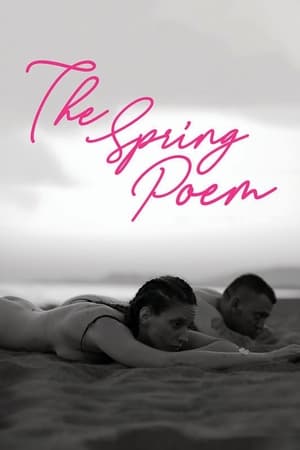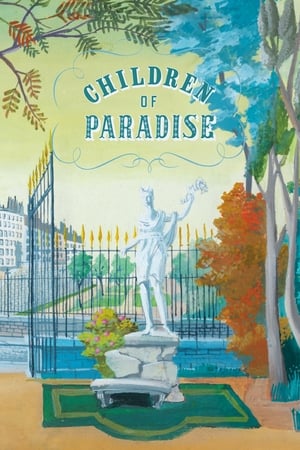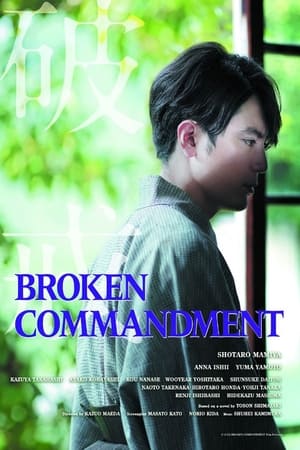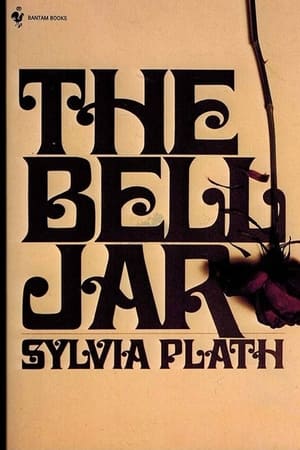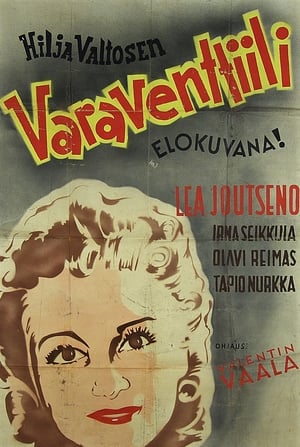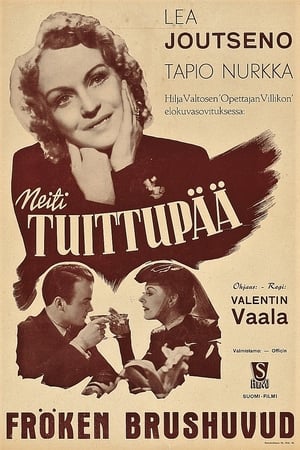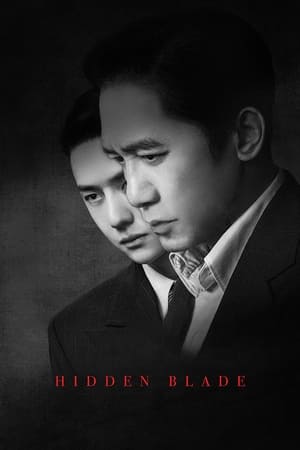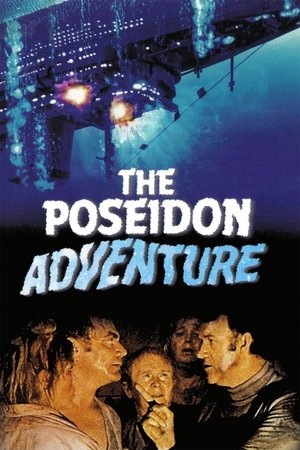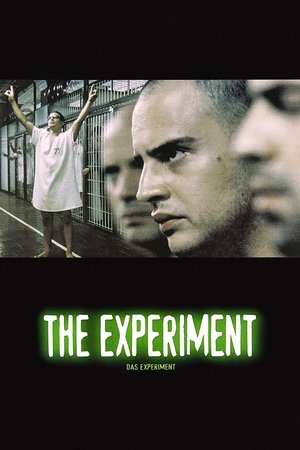Overview
In 1941 Malaysia, the advancing Japanese army captures a lot of British territory very quickly. The men are sent off to labor camps, but they have no plan on what to do with the women and children of the British.
Reviews
Virginia McKenna takes on the role as a dispossessed British colonial secretary forced into captivity/slavery and to fight for her very survival by the Japanese invasion of Singapore in 1941 and who is, together with a group of similarly forsaken women, shunted around from camp to camp before finally being pretty much abandoned to the wilderness by the Japanese Army. Unusually, for many films made immediately after the war, it tries to offer some semblance of balance between conquerors and conquered. In no way does it attempt to deny or ameliorate the atrocities perpetrated on the prisoners but it does indicate that there was a certain element of "chivalry" offered to the women by their captors - and in some cases these soldiers were treated just as harshly by their own side as collaborators as were many of the women. The story itself develops into a gentle love story as she encounters Australian POW Peter Finch who helps them procure food, and who is "crucified" for his troubles. The film is, at times, too simplistic - but that adds to the poignancy. The relentlessness and horror of their existence - contrasted against their upper/middle class, servant supported, previous lives is writ large. Marie Lohr and a wonderful Jean Anderson (whom you might remember reprised some of her role in the excellent BBC serial "Tenko" from the early 1980s) deliver strongly too.

 117 min
117 min
 6.3
6.3
 1956
1956
 United Kingdom
United Kingdom
 CinemaSerf wrote:
CinemaSerf wrote: